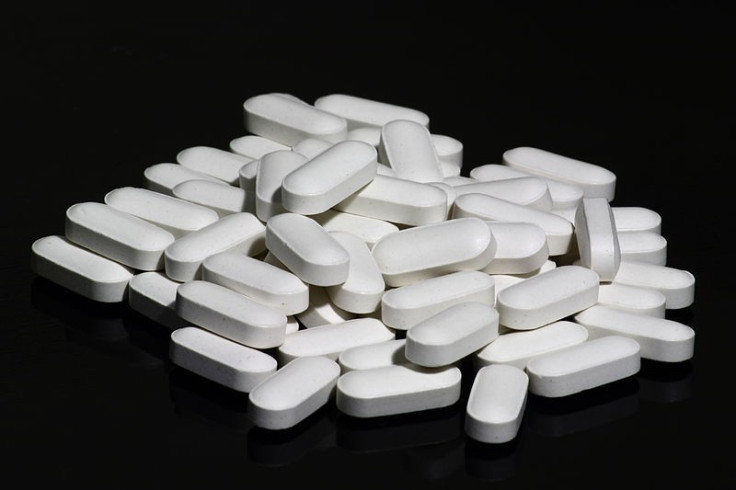Vitamin D Does Not Improve Cholesterol Levels

Vitamin D supplements do not improve cholesterol levels, scientists from the Rockefeller University have found.
During a study of more than 151 people with vitamin D deficiency, one group was given 50,000 international units of vitamin D3, while the other group received placebo for eight weeks.
Their cholesterol levels were measured before and after treatment which showed that vitamin D does not help reduce cholesterol, according to the findings published in the journal Arteriosclerosis, Thrombosis and Vascular Biology.
"Our study challenges the notion that replenishing vitamin D improves cholesterol," said Manish Ponda, an assistant professor of clinical investigation in Jan Breslow's Laboratory of Biochemical Genetics and Metabolism. "In fact, a biologic response to vitamin D was correlated with an increase in LDL cholesterol."
The new findings contradict previous studies which found that vitamin D supplements help reduce cholesterol, which in turn cuts cardiac risk.
Studies have also found that vitamin D supplements enhance bone health besides reducing the risk of developing certain cancers.
To re-confirm their theory, Rockefeller researchers again tested the effect of vitamin D supplements on lipoprotein, biomarkers of cholesterol not typically measured in clinical practice. They found that there was no change in response to increases in vitamin D.
These results support a Breslow Lab and Quest Diagnostics study published in July in the journal Circulation. In that study, researchers examined dataset for 8,592 patients and showed that raising vitamin D levels from deficient to optimal levels had no statistically significant effect on LDL (bad) cholesterol, or triglycerides. Increasing vitamin D had a small, but clinically minimal impact on total and HDL (good) cholesterol.
"This study raises questions about the use of vitamin D supplements to improve cholesterol," Ponda says. "Longer-term studies on the impact of vitamin D supplementation are needed to make stronger recommendations."
© Copyright IBTimes 2025. All rights reserved.





















